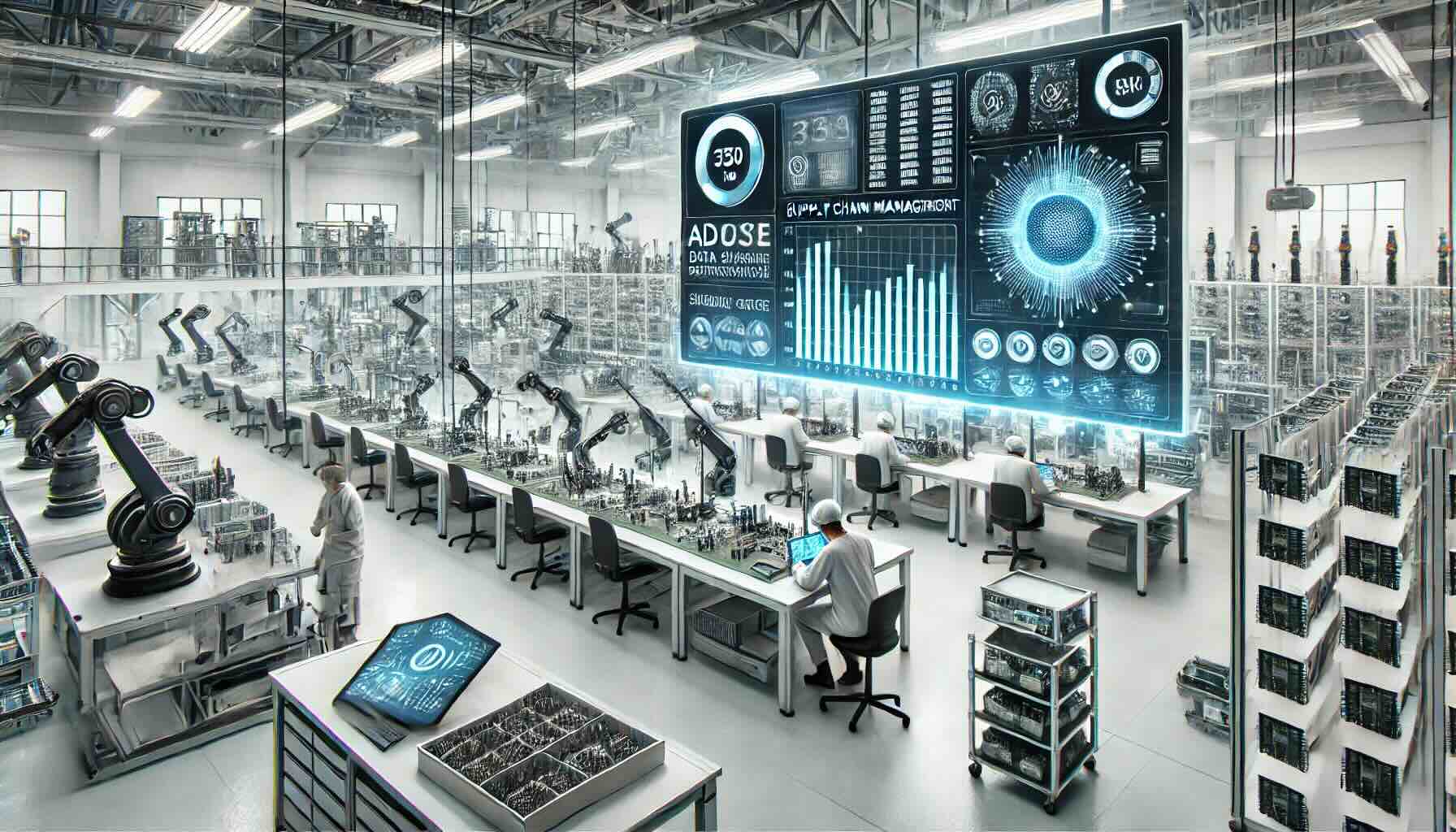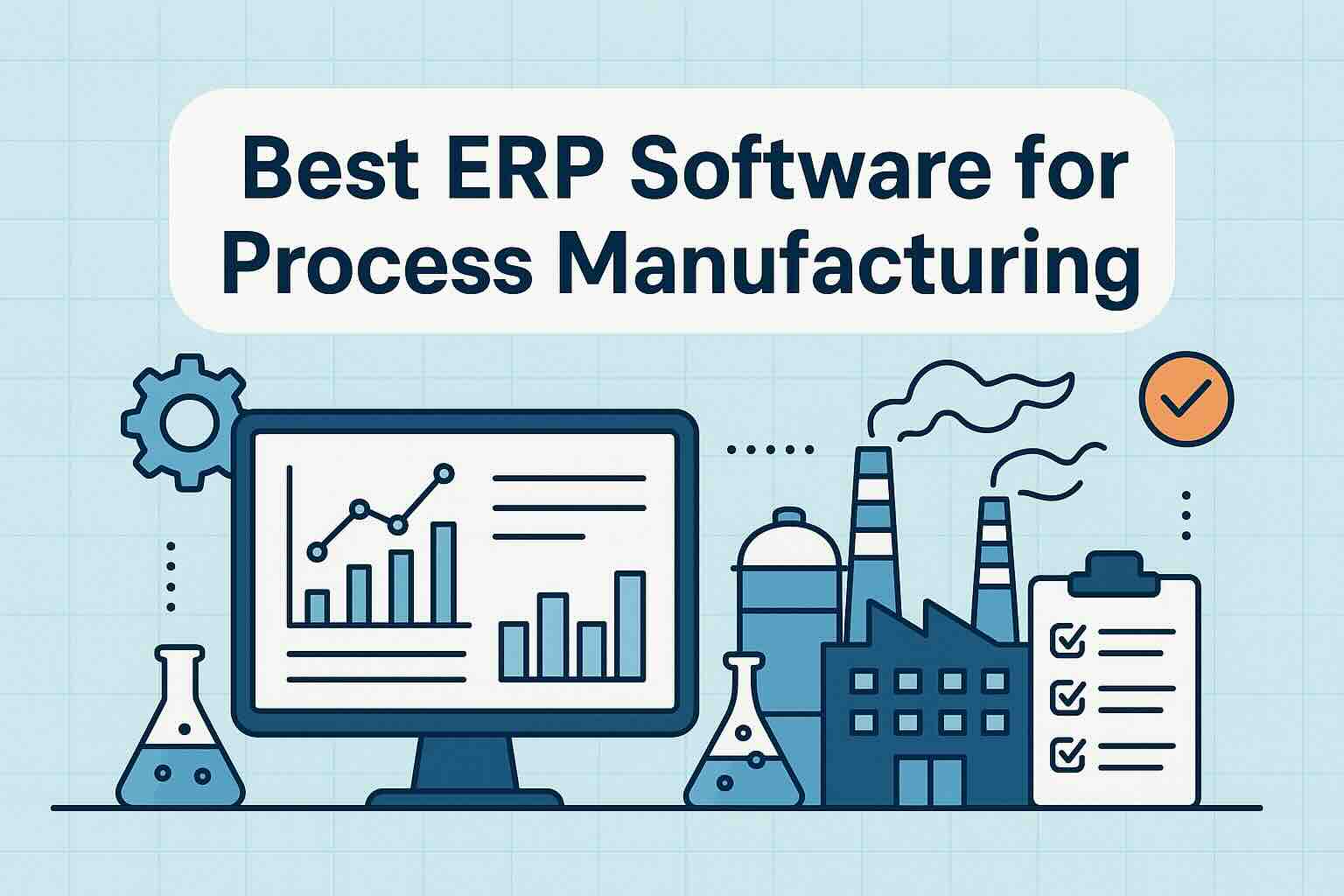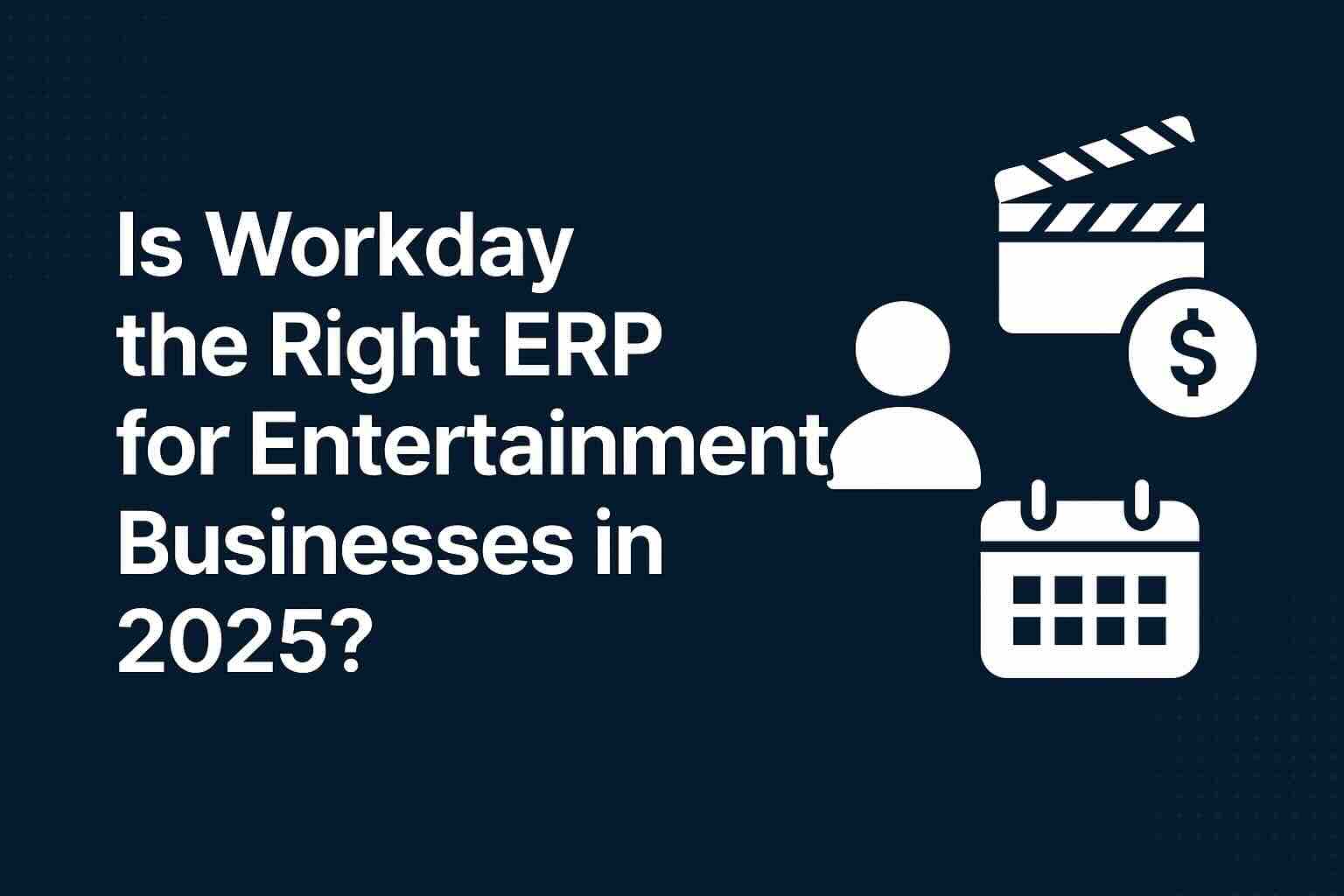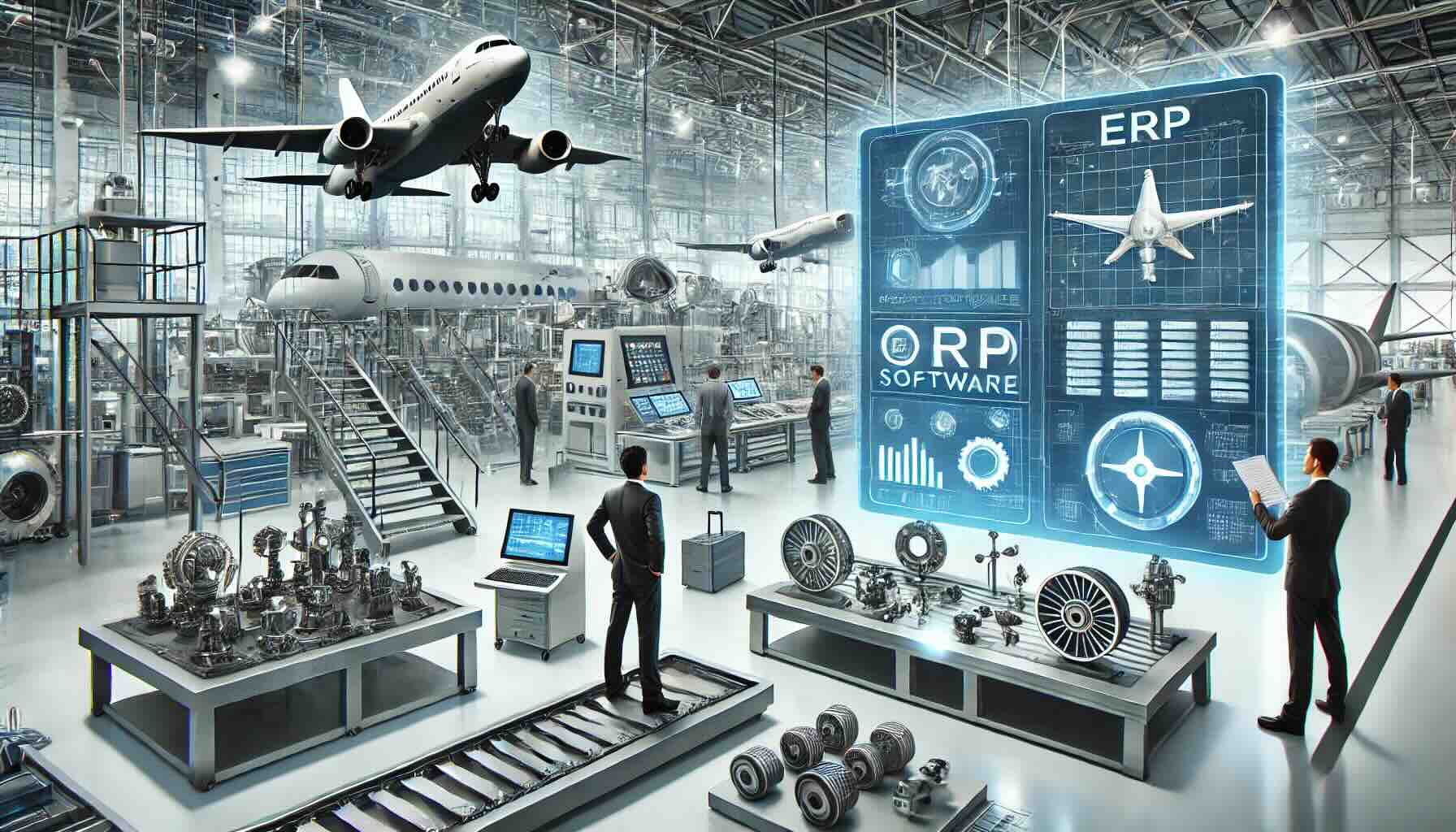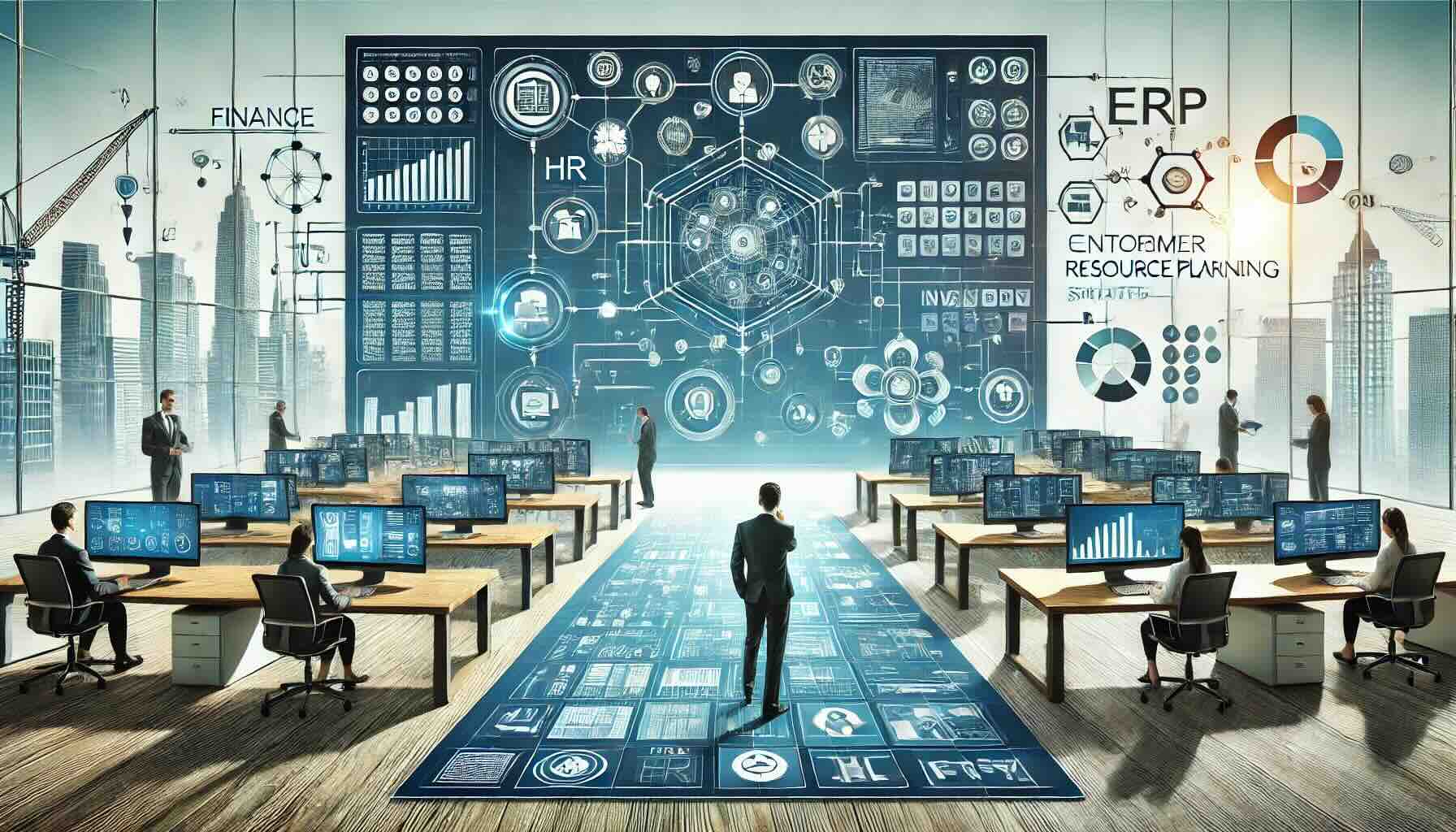Top ERP Software: A Comprehensive Guide for Businesses
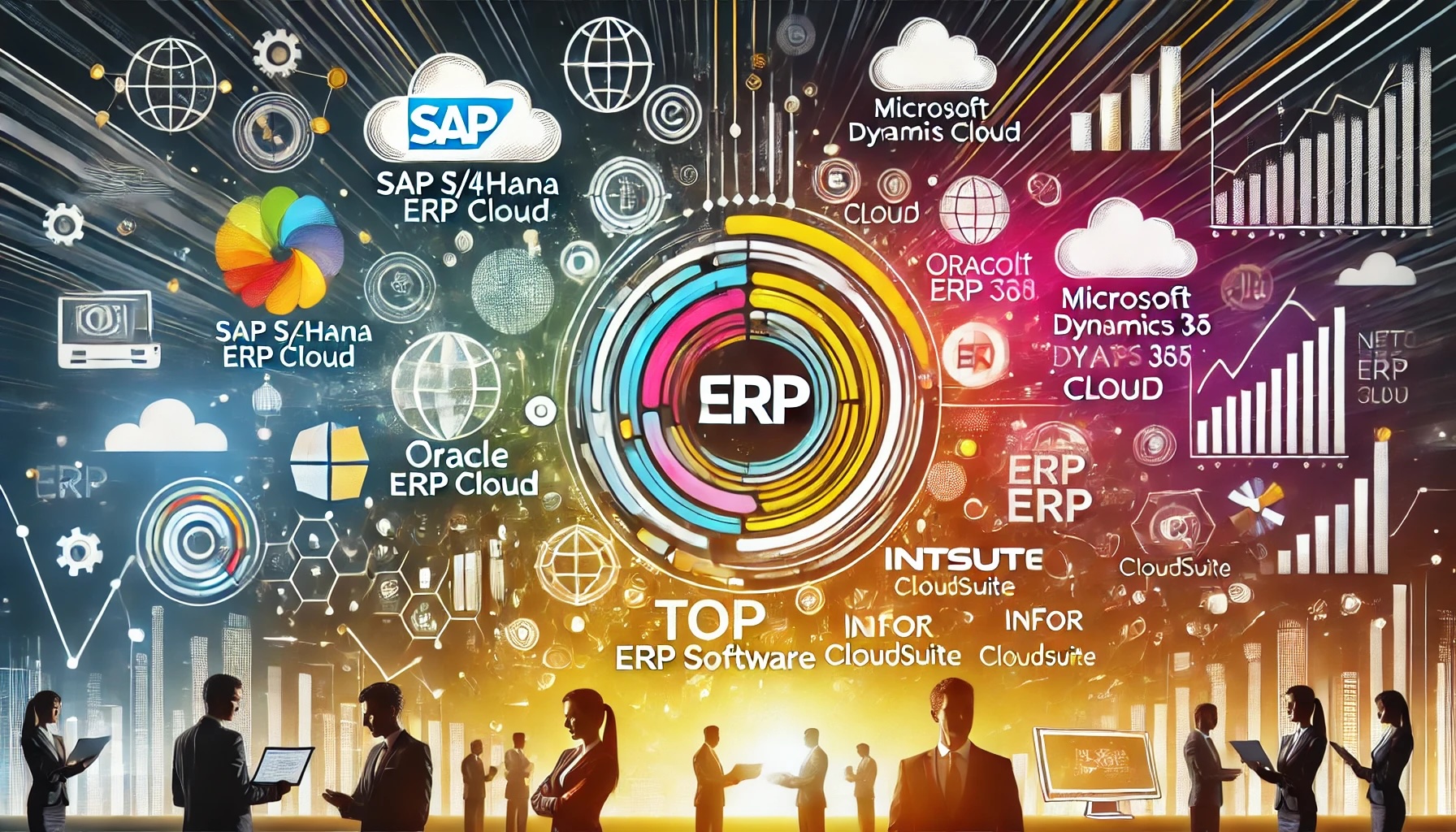
In today’s fast-paced business environment, having the right tools to manage operations is crucial. Enterprise Resource Planning (ERP) software has become an essential component for businesses of all sizes. Whether you’re a small startup or a large corporation, finding the top ERP software can streamline your processes, improve efficiency, and drive growth. In this guide, we’ll explore some of the leading ERP solutions available, along with a brief overview and their pros and cons.
What is ERP Software?
ERP software integrates various business processes into a single unified system. It covers functions such as inventory management, accounting, human resources, customer relationship management (CRM), and supply chain management. By centralizing data and processes, ERP systems help organizations make informed decisions and optimize operations.
Benefits of Using Top ERP Software
- Improved Efficiency: Automates routine tasks, reducing the need for manual intervention and minimizing errors.
- Better Decision-Making: Provides real-time data and analytics, enabling informed strategic decisions.
- Scalability: Can grow with your business, accommodating increased workloads and new functionalities.
- Enhanced Collaboration: Centralizes information, making it accessible to different departments and improving communication.
- Cost Savings: Reduces operational costs by streamlining processes and improving resource management.
Top ERP Software Solutions
1. SAP S/4HANA
Overview: SAP S/4HANA is a leading ERP solution known for its robust features and capabilities, particularly suitable for large enterprises. It leverages an in-memory database for real-time data processing and analytics, ensuring high performance and efficiency across various business functions such as financial management, supply chain management, and product lifecycle management.
Pros:
- Real-Time Data Processing: Offers real-time analytics and insights.
- Comprehensive Features: Includes financial management, supply chain management, and product lifecycle management.
- In-Memory Database: Ensures faster data processing and performance.
Cons:
- Costly: High implementation and maintenance costs.
- Complexity: Requires extensive training and IT support.
- Not Ideal for Small Businesses: Best suited for large enterprises.
2. Oracle ERP Cloud
Overview: Oracle ERP Cloud provides a versatile suite of applications, including financials, procurement, project management, and risk management. This cloud-based solution ensures accessibility and scalability, making it an excellent choice for businesses looking for flexibility and growth potential. Oracle ERP Cloud is designed to cater to the needs of various industries with its comprehensive and integrated approach.
Pros:
- Versatile: Offers a wide range of applications including financials, procurement, and project management.
- Cloud-Based: Accessible from anywhere with internet connectivity.
- Scalability: Easily scalable to meet growing business needs.
Cons:
- Customization Challenges: Can be difficult to customize to specific business needs.
- Price: Can be expensive, especially for small to mid-sized businesses.
- Complex Implementation: Implementation process can be time-consuming and complex.
3. Microsoft Dynamics 365
Overview: Microsoft Dynamics 365 integrates ERP and CRM capabilities, providing a comprehensive view of your business operations. Known for its seamless integration with other Microsoft products like Office 365 and Azure, it enhances productivity and collaboration. Dynamics 365 is particularly favored by small to mid-sized businesses due to its user-friendly interface and cost-effectiveness.
Pros:
- Integration: Seamlessly integrates with other Microsoft products like Office 365 and Azure.
- User-Friendly: Intuitive interface that is easy to navigate.
- Cost-Effective: Affordable for small to mid-sized businesses.
Cons:
- Limited Features for Large Enterprises: May lack some advanced features required by larger organizations.
- Customization Limitations: Customization can be limited compared to other ERP systems.
- Dependency on Microsoft Ecosystem: Best performance when used within the Microsoft product suite.
4. NetSuite ERP
Overview: NetSuite ERP is a cloud-based solution designed to support growing businesses. It offers a wide range of functionalities, including financial management, CRM, ecommerce, and inventory management. NetSuite is known for its ease of use and quick implementation, making it an ideal choice for startups and small businesses seeking rapid deployment and scalability.
Pros:
- Cloud-Based: Quick implementation and easy to use.
- Comprehensive Features: Includes financial management, CRM, ecommerce, and inventory management.
- Scalability: Ideal for growing businesses.
Cons:
- Cost: Can be expensive as the business scales.
- Customization: Limited customization options.
- Support: Customer support can be inconsistent.
5. Infor CloudSuite
Overview: Infor CloudSuite is a comprehensive ERP solution tailored to specific industries such as manufacturing, healthcare, and retail. It offers deep industry-specific functionality and robust analytics through AI-driven insights. Infor CloudSuite is designed to help businesses address their unique challenges while scaling efficiently as they grow.
Pros:
- Industry-Specific Solutions: Tailored to specific industries like manufacturing, healthcare, and retail.
- Robust Analytics: Provides deep insights through AI-driven analytics.
- Scalability: Scales well with business growth.
Cons:
- Complex Implementation: Can be time-consuming and complex to implement.
- Cost: Higher cost for implementation and maintenance.
- User Interface: Some users find the interface less intuitive.
How to Choose the Top ERP Software for Your Business
- Identify Your Needs: Assess your business requirements and determine the features you need in an ERP system.
- Budget Considerations: Evaluate the total cost of ownership, including implementation, licensing, and maintenance fees.
- Scalability: Choose a solution that can grow with your business and adapt to changing needs.
- User-Friendliness: Ensure the software is easy to use and doesn’t require extensive training.
- Vendor Support: Consider the level of support and training provided by the vendor.
Conclusion
Investing in the top ERP software can transform your business operations, providing efficiency, scalability, and valuable insights. Whether you opt for SAP S/4HANA, Oracle ERP Cloud, Microsoft Dynamics 365, NetSuite ERP, or Infor CloudSuite, each solution offers unique benefits tailored to different business needs. Assess your requirements carefully and choose the ERP system that best aligns with your strategic goals.
To compare these ERP solutions and many more, you can use our new AI-powered Compare ERP tool. It’s free to use and you get a guaranteed discount on your first year’s licence fees with a referral from Compare ERP.

